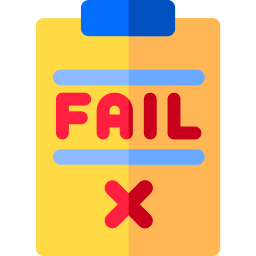
Why do some students achieve more than others? Students goals, their belief in their ability to reach those goals and their prior experience are key factors. But how do they interplay? Join us for our monthly ACM SIGCSE journal club meetup on Zoom to discuss a prize-winning paper [1] on this topic by Hannu Pesonen, Juho Leinonen, Lassi Haaranen and Arto Hellas from Aalto University in Finland and the University of Auckland. From the abstract:
We explore achievement goal orientations, self-efficacy, gender, and prior experience, and look into their interplay in order to understand their contributions to course performance. Our results provide evidence for the appropriateness of the three-factor achievement goal orientation model (performance, mastery approach, mastery avoidance) over the more pervasive four-factor model. We observe that the aspects and the model factors correlate with course achievement. However, when looking into the interplay of the aspects and the model factors, the observations change and the role of, for example, self-efficacy as an aspect contributing to course achievement diminishes. Our study highlights the need to further explore the interplay of aspects contributing to course achievement.
We’ll be joined by one of the papers co-authors, Hannu, who’ll give a lightning talk summary to kick off our discussion. This paper won a best paper award at ukicer.com this year. All welcome, meeting details at sigcse.cs.manchester.ac.uk/join-us
References
- Hannu Pesonen, Juho Leinonen, Lassi Haaranen, and Arto Hellas (2023) Exploring the Interplay of Achievement Goals, Self-Efficacy, Prior Experience and Course Achievement. In The United Kingdom and Ireland Computing Education Research (UKICER) conference (UKICER 2023), September 07–08, 2023, Swansea, Wales UK. ACM, New York, NY, USA, 7 pages. DOI: 10.1145/3610969.3611178
